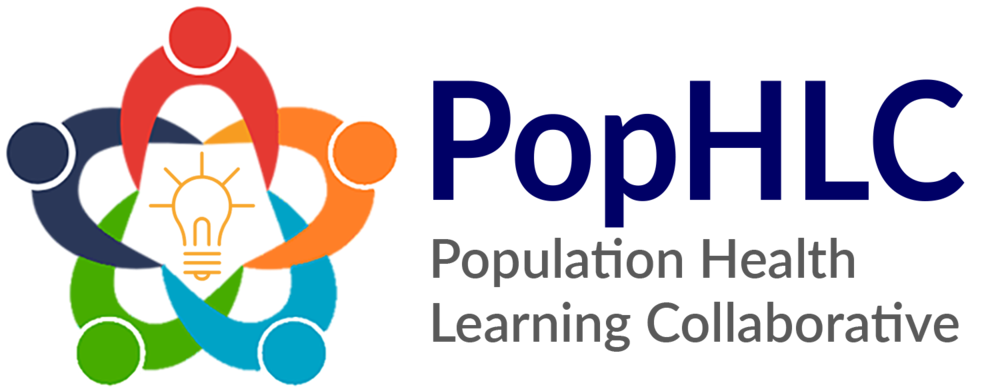Mission Possible! Inspiring Examples of Changing Child Welfare and Family Justice Systems
During this webinar we will dig deeper into the game-changing techniques that are being used to achieve remarkable changes in systems that often contribute to the toxic stress and trauma that harms the lives of those trying to navigate those systems.
Participants will learn more details about the two case studies featured in the conference presentations at the Kempe Center’s virtual conference, A Call to Action to Change Child Welfare.
Session 1: Restoring Hope through Child Welfare Transformation: Techniques & tools for Smart Justice
Session 2: Re-imagining the Family Justice System in Canada – A Case Study of Strategy Management at Scale
If you were not able to attend these sessions at the Kempe Center online conference (or view the conference recordings), you can now view and share view the recordings of those sessions.
Learn more about how the 100 Families Initiatives has dramatically reduced the number of kids going into the foster care system and significantly increased the reunification rates with biological families by mobilizing a coordinated system of support to help families move from crisis to self-sufficiency and stability.
Learn specific ways that a coalition in Alberta, Canada is overcoming numerous barriers to change the family justice system based on understanding brain science and techniques for social transformation.
Are you ready to take action…
Register for the “Moving Forward: How Your State or Community Can Enhance Efforts to Change the Child Welfare System” webinar on Thursday, November 14th from 1:00 PM to 3:00 PM CT. This will be a practical, interactive discussion about a path forward where every region doesn’t need to re-invent the wheel. With a coordination of multiple groups working together on different parts of a “Theory of Transformation” that can be shared and customized, everyone can make more progress, more efficiently, and more economically. In this webinar, you’ll learn about examples of high-impact strategies that can be adopted in your region along with tools (many of which are free), capacity building pathways and more.
SPEAKERS:
Bill Barberg, a co-founder of the Population Health Learning Collaborative, is the President and Founder of InsightFormation, Inc., a Minnesota-based consulting and technology company that helps communities, regions, and states address complex social and health issues that require multi-stakeholder collaboration. His deep background in strategy implementation has been featured in dozens of conference presentations and webinars, and he both organized and hosted the recent virtual summit on Innovations in Naturally Affordable Housing. He has been a pioneer in many projects that have pushed forward the practices for achieving Collective Impact on a wide range of issues—from addressing the opioid crisis to transforming housing re-developments into Communities of Hope in Detroit.
Bill was selected to write the chapter on “Implementing Population Health Strategies” for the book, “Solving Population Health Problems through Collaboration” (Routledge, 2017). His recommendations for using strategy maps is featured as a core recommendation in the new report by the National Academy of Public Administration. Bill recently co-authored a paper for the Journal of Change Management on “Leading Social Transformations to Create Public Value and Advance the Common Good”.
Diana Lowe, QC is a lawyer with 35 years of experience which includes legal practice, research, and reform of the civil and family justice systems in Canada, and most recently as Executive Counsel to the Chief Justice of the Court of Queen’s Bench of Alberta. Diana has been appointed to the Queen’s Council (QC), an appointment of honor for having demonstrated exceptional merit and exemplary service to the Canadian justice system through her work in the federal public service. Diana recently retired from the Court and established a consulting practice - “Re-imagining Justice”. She continues to support the Reforming the Family Justice System (RFJS) initiative in Alberta, and also works with other jurisdictions interested in justice system transformation.
The RFJS is a multi-year, multi-sector collaboration, designed to effect system-wide change in the family justice system in Alberta, based on brain science and Adverse Childhood Experiences. The RFJS is seeking to shift the focus in family justice matters away from adversarial, legal responses, to making supports available to assist families with the social, relationship, parenting, and financial issues that arise in family matters. The outcome collaborators are seeking is family well-being, which they define as “Helping Families Thrive”.
Karen Phillips is the Associate Director of Restore Hope. Karen is a Certified Grant Management Specialist by the NGMA and a nationally certified Community Housing Development Organization Specialist. Although she has 23 years of experience in grant management, housing development, and program design and implementation, her God-given calling and passion is for families. As a foster parent, Karen was able to help all of the children in her home safely reunite with their parents and has been working with families in Arkansas to preserve and reunite families ever since. She has won multiple awards for program implementation and leadership including the ACHANGE Leadership Award, HUD Special Recognition, and Best Overall Program from Arkansas Community Action Agency Association.
















